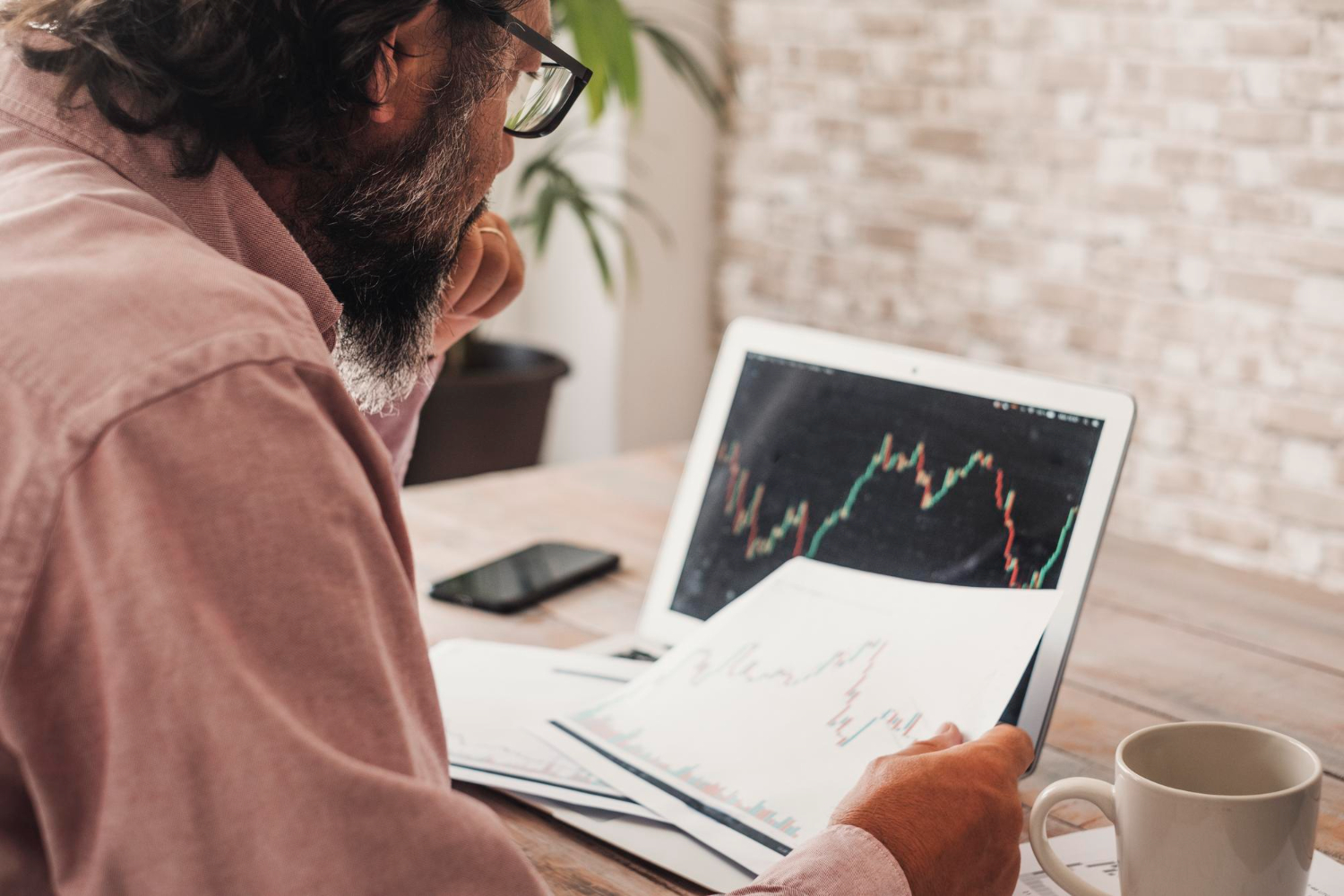
Futures are financial contracts that allow investors to buy or sell an underlying asset, such as stocks or commodities, at a predetermined price and date in the future. Futures are a popular trading instrument in the stock market, as they provide investors with the ability to profit from price movements without having to actually buy or sell the underlying asset.
In this article, we will discuss the definition of futures in the stock market, provide an example, and explain how to trade futures.
Definition of Futures in Stock Market
A futures contract is a legal agreement between two parties to buy or sell an underlying asset, such as a stock or commodity, at a predetermined price and date in the future. Futures contracts are traded on exchanges, and the contract specifications, such as the underlying asset, contract size, and delivery date, are standardized.
In the stock market, futures contracts are often used to hedge against price movements in individual stocks or entire stock indices. Futures contracts can also be used to speculate on price movements, allowing investors to profit from both rising and falling prices.
Example of Futures in Stock Market
Suppose an investor believes that the price of ABC Company’s stock will rise in the future. The investor could buy shares of ABC Company’s stock, but this would require a significant amount of capital and could result in losses if the stock price falls.
Alternatively, the investor could buy a futures contract for ABC Company’s stock. The futures contract would specify a delivery date and a predetermined price for the stock. If the price of ABC Company’s stock rises above the predetermined price by the delivery date, the investor could sell the futures contract and profit from the price difference. If the price of ABC Company’s stock falls below the predetermined price, the investor could lose money on the futures contract.
How to Trade Futures in Stock Market
Trading futures in the stock market requires a brokerage account that allows futures trading. Here are the steps to trade futures:
- Open a futures trading account: Investors must open a futures trading account with a brokerage firm that offers futures trading. The brokerage firm will require investors to complete an application and provide information about their trading experience and financial situation.
- Fund the account: Investors must fund their futures trading account with cash or securities. The amount required to open a futures trading account varies by brokerage firm.
- Choose a futures contract: Investors must select a futures contract that aligns with their investment objectives and risk tolerance. Futures contracts are available for individual stocks, stock indices, and commodities.
- Place an order: Investors must place an order with their brokerage firm to buy or sell a futures contract. The order will specify the underlying asset, contract size, delivery date, and price.
- Monitor the position: Investors must monitor their futures position to ensure that it aligns with their investment objectives and risk tolerance. Investors can also adjust their position by buying or selling additional futures contracts or closing their position.
Conclusion
Futures are a popular trading instrument in the stock market, providing investors with the ability to profit from price movements without having to actually buy or sell the underlying asset. Futures contracts are standardized and traded on exchanges, making them a transparent and efficient way to trade.
Trading futures in the stock market requires a brokerage account that allows futures trading. Investors must select a futures contract that aligns with their investment objectives and risk tolerance, place an order with their brokerage firm, and monitor their position to ensure that it aligns with their investment objectives and risk tolerance.
As with any trading instrument, it’s important for investors to understand the risks and rewards of trading futures and to use them in a disciplined and strategic way. Investors should also do their due diligence and carefully consider the underlying asset, contract size, delivery date, and price before making any investment

